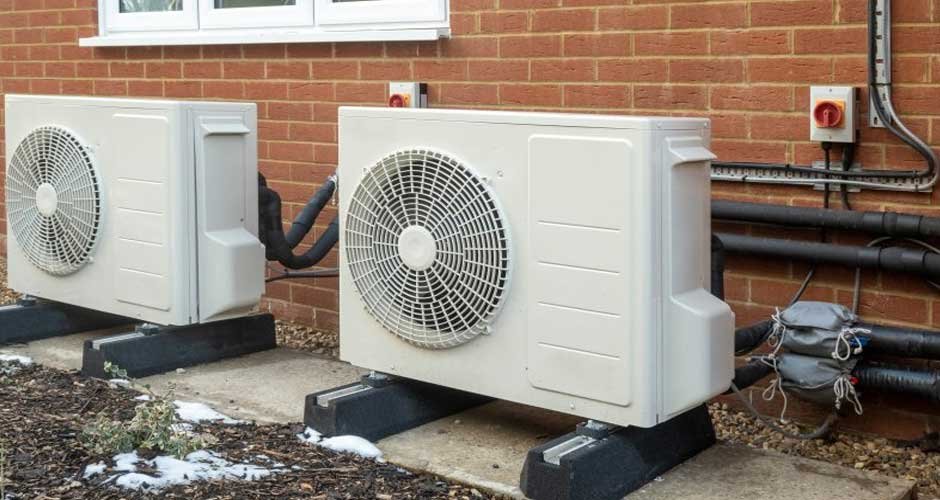As a homeowner, you rely on your heating system to keep your home warm and comfortable, especially during the colder months. However, without proper maintenance, your heating system may not perform at its best, leading to reduced efficiency, higher energy bills, and potential breakdowns.
In this comprehensive guide, we’ll walk you through the essential steps to maintain your home heating system for optimal performance.
Understanding Your Heating System
Before diving into maintenance tips, it’s crucial to understand the type of heating system you have and how it works. The most common types of home heating systems include:
- Forced Air Systems: These systems use a furnace to heat air, which is then distributed throughout your home via ductwork and vents.
- Radiant Heating Systems: These systems heat your home through hot water pipes or electric wires installed beneath the floor or in the walls and ceilings.
- Heat Pumps:These systems use electricity to transfer heat from one place to another, providing both heating and cooling.
Each system has its unique components and operation, so familiarizing yourself with your specific heating system is essential for effective maintenance.
Signs Your Heating System Needs Maintenance
Knowing when your heating system requires attention is key to preventing major issues and maintaining optimal performance. Be on the lookout for these common signs:
- Unusual noises: Grinding, squealing, or rattling sounds can indicate worn-out parts or loose components.
- Uneven heating:If some rooms are colder or warmer than others, it may signal an issue with your heating system’s distribution or thermostat settings.
- Increased energy bills: A sudden spike in your energy billswithout a corresponding increase in usage may suggest that your heating system is working harder than it should be.
- Poor air quality:If you notice more dust, allergens, or strange odors in your home, it could be a sign that your heating system needs cleaning or filter replacement.
Addressing these issues promptly can help prevent more extensive and costly repairs down the line.
DIY Maintenance Tips
While some maintenance tasks require professional assistance, there are several steps you can take on your own to keep your heating system running smoothly:
- Replace air filters regularly:Dirty air filters can restrict airflow, causing your heating system to work harder and reduce its efficiency. Change your filters every 1-3 months, depending on usage and manufacturer recommendations.
- Clean your heating system:Dust and debris can accumulate on your heating system’s components, affecting its performance. Gently vacuum and wipe down accessible parts, such as registers and vents, to maintain cleanliness.
- Check and adjust thermostat settings:Ensure that your thermostat is set to the correct temperature and programmed to optimize energy usage based on your schedule and preferences.
- Keep the area around your heating system clear:Remove any clutter or flammable materials from the area surrounding your furnace or heating system to ensure proper ventilation and reduce fire risks.
Professional Maintenance Services
While DIY maintenance can help keep your heating system running smoothly, it’s essential to schedule professional maintenance services at least once a year. It’s equally important to rely on licensed and experienced technicians from Riverton for comprehensive inspections and furnace repair. These professionals can assess your heating system thoroughly, identifying issues that might be invisible to the untrained eye.
A routine checkup typically includes examining the furnace’s blower belt and motor, testing for gas leaks or electrical issues, and ensuring the heat exchanger is intact and free of cracks. They can also perform essential furnace repair tasks, ensuring that your system operates safely and efficiently. Scheduling these services before the onset of cold weather can prevent unexpected breakdowns and maintain a warm, comfortable home throughout winter.
Conclusion
Maintaining your home heating system is crucial for optimal performance and longevity. By familiarizing yourself with your specific system, watching out for signs of issues, and performing simple maintenance tasks regularly, you can prevent costly repairs and keep your home warm and cozy all year round. Don’t forget to schedule professional maintenance services at least once a year to catch any potential problems early on and ensure your heating system is operating at its best. With these tips, you can enjoy a reliable, efficient, and safe home heating system for years to come.


Comments are closed.